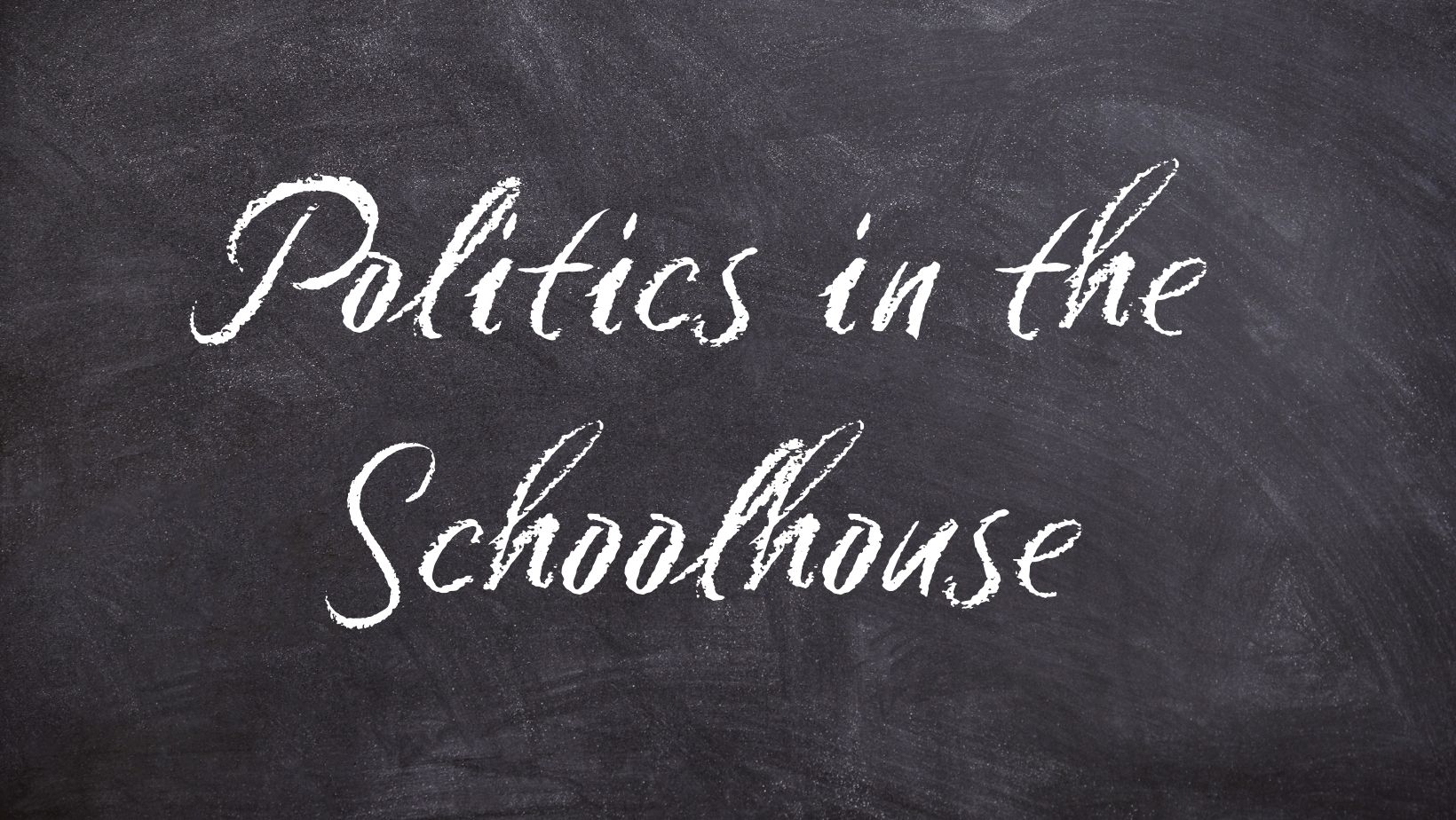Critical Race Theory: A Moral Panic
 Critical Race Theory: A Moral Panic
Critical Race Theory: A Moral Panic
By Eliza Sullivan
Public education has long been the site of political battles and controversy, and Eliza Sullivan plans on bringing insight into some of the recent proposed legislation affecting Ohio’s schools. This is the first piece in her series “Politics in the Schoolhouse.”
Over the past few years, school board meetings have become a battleground of ideologies and opinions over what should be taught in schools. In 2019, Lakota School Board’s meetings included such fascinating topics as contractors for landscaping and field trip approvals, but in 2022 the meetings include COVID anti vaxxers and outrage over public health policies. Recently, school boards all over the nation have had another major issue to argue over: the supposed teaching of critical race theory in public schools.
Critical race theory, often abbreviated as CRT, is a legal and academic framework that examines race. It’s a complex, multifaceted theory that is usually taught in graduate level programs. According to Denise Taliaferro Baszile, a Miami University professor in race and gender studies, critical race theory is an effort to answer why we still see such disparities across race and class when explicit racial discrimination is no longer in American law. She says the most important goal of critical race theory is to understand how to coexist in society and help everyone equally.
From a scholarly standpoint, critical race theory has some criticisms. According to Britannica, some accuse it of “spurning the notion of objective standards of merit… instead interpreting any racial inequity or imbalance… as proof of institutional racism.” Taliaferro Baszile noted that it’s important to understand that all academic frameworks have critiques– thinking critically is the point of studying them. However, she said, many of the criticisms of critical race theory outside of academia are misconstrued and inaccurate.
Politically, critical race theory has been used as a tool to spark outrage among voters in order to give politicians influence on elections. For example, a website sponsored by conservative Ohioan groups called “Stop Critical Race Theory In Ohio” says that “critical race theory (CRT), supported by Marxists, claims that America is systematically racist due to widespread white supremacy,” and that “instruction methods in the schools and government resemble indoctrination and re-education used in totalitarian regimes. Racism is positioned as the primary driver of social and political change.” This level of fear over a concept that, in the majority of cases, is not taught until graduate level education, is a powerful tool to influence voters. By promising to fix something that doesn’t exist, politicians are able to accomplish a political agenda with the support of voters who fear for their children’s wellbeing.
According to HB 322, Ohio legislators are aiming to ban teachings that insinuate that people can be inherently racist, are responsible for the actions committed by other members of the same race, or should feel guilt or discomfort because of their race. Clearly, no student should feel ashamed because of their race, but they are not being taught to be ashamed in schools. As Taliaferro Baszile said, educators are struggling to get diverse curriculum into classrooms in general. She says that we owe it to our children to fully educate them on the history of America and how that affects modern life. This bill is legislating against a nonissue in order to give the government the power to legislate the everyday teaching of students and is likely to be used to shelter students from the reality that racism is still affecting every person in America.
Children will learn about race whether we want them to or not. Children of color observe and are impacted by racism every day, so it’s important to be truthful with them about our history. HB 322 aims to stop teachers from teaching that slavery and racism are anything other than failures to live up to the founding principles of the United States. As an educator and a scholar in race studies, Taliaferro Baszile believes that this would be unfair to children. Slavery has a tremendous role in the founding and current structure of the United States, and children deserve to understand how slavery has and continues to impact people’s lives.
When electing local government officials and school board members, it’s important to consider what their stance on education is. Do they support bills that restrict teaching about racism? Have they been hesitant to encourage comprehensive race education in schools? Racism is something that affects every aspect of life and should be educated about, not ignored.


